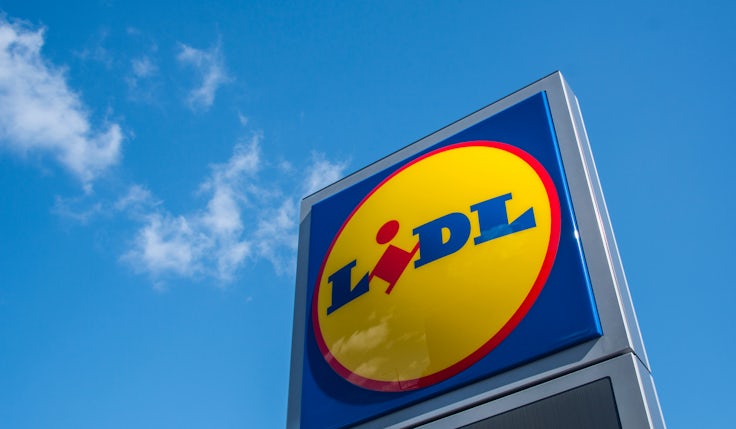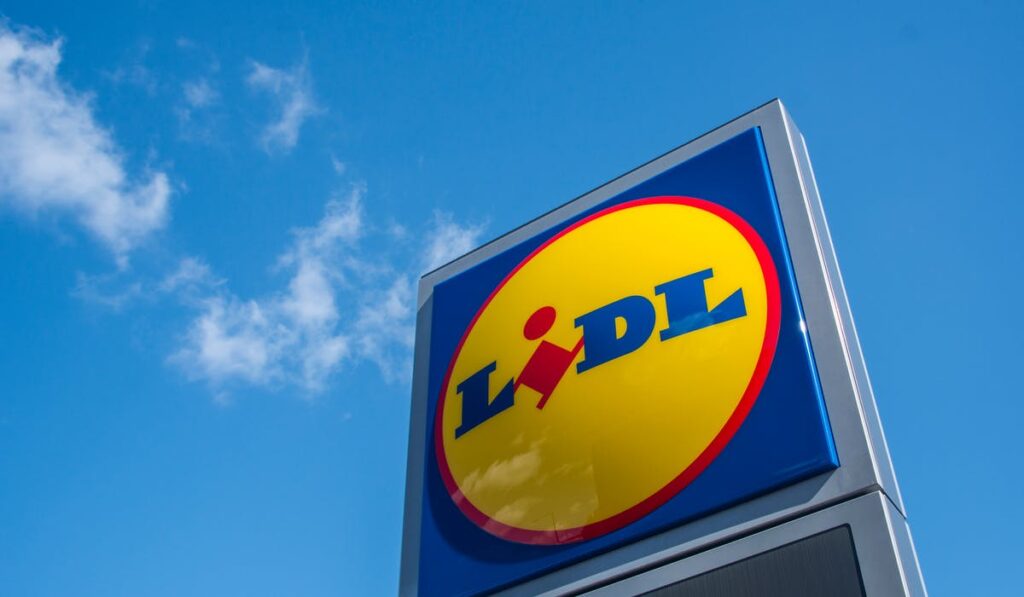Data also shows shoppers favouring brands over own-label items, with branded sales “particularly dominant” in personal care, confectionery and soft drinks.

Lidl and Ocado are the UK’s fastest growing grocers, each notching up a 10.7% uptick in sales over the 12 weeks to 10 August, as Tesco claims the largest market share gains.
According to the latest figures from Worldpanel by Numerator, Lidl’s market share increased 0.5 percentage points to 8.3%, while Ocado now holds a 1.9% share of the grocery sector, up from 1.8% in 2024.
The news comes as last month Ocado Retail reported revenues rose 16.3% in H1, with group CEO Tim Steiner saying the goal is to “continue to scale” and “grow quickly”.
 Lidl and Ocado are the UK’s fastest growing grocers, each notching up a 10.7% uptick in sales over the 12 weeks to 10 August, as Tesco claims the largest market share gains.
Lidl and Ocado are the UK’s fastest growing grocers, each notching up a 10.7% uptick in sales over the 12 weeks to 10 August, as Tesco claims the largest market share gains.
According to the latest figures from Worldpanel by Numerator, Lidl’s market share increased 0.5 percentage points to 8.3%, while Ocado now holds a 1.9% share of the grocery sector, up from 1.8% in 2024.
The news comes as last month Ocado Retail reported revenues rose 16.3% in H1, with group CEO Tim Steiner saying the goal is to “continue to scale” and “grow quickly”.
Tesco achieved its largest monthly share gain since December 2024, rising by 0.8 percentage points to 28.4%, driven by sales growth of 7.4% versus last year. Reaffirming its commitment to value, in June Tesco reported it was seeing an “intensification in competition”.
Sainsbury’s pushes brand ‘forward’ as market share hits nine-year high
Sales rose 5.2% at Sainsbury’s, pushing market share up 0.1% to 15% – which puts the retailer second behind Tesco. Last month, CEO Simon Roberts told Marketing Week the brand is “more visible” and customers are “resonating with both the content and the offer”.
Despite coming in third for consumer spend at £4.2m, sales fell 2.6% at Asda – dragging the retailer’s market share down to 11.8%, just narrowly ahead of Aldi. Co-op also saw a 3.2% decline in sales, taking the chain’s market share to 5.4%.
Fourth in terms of market share at 10.8%, sales rose by 4.8% at Aldi over the 12-week period. While Morrisons still ranks fifth in the market share standings at 8.4%, Lidl is close behind at 8.3%.
Sales at Waitrose rose 4.8%, while Iceland enjoyed a 3.4% sales boost. Online sales across all retailers grew by 6.7% over the 12 weeks.
Own-label goods gap
Overall, grocery price inflation is sitting at 5% this month, a slight reduction from 5.2% in July, while take-home sales across the grocers grew by 4% over the four weeks to 10 August compared to last year.
The gap in favour of branded goods compared to own-label alternatives is the largest since March 2024. Sales of branded grocery items grew by 6.1% this month, compared to own-label alternatives rising 4.1%, with branded sales making up 46.4% of all grocery spending.
According to head of retail and consumer insight at Worldpanel, Fraser McKevitt, branded sales were “particularly dominant” in personal care, confectionery, hot drinks and soft drinks, where they account for more than 75% of money through the tills. In addition, premium-own label sales rose by 11.5% this month.
With shoppers spending three minutes fewer preparing evening meals than they did in 2017, consumers are looking for quick, easy meals. Sales of microwaveable rice, ready meals and chilled pizza grew by 8%, 6% and 5% respectively.
Supermarket shopping habits “often impact” spending across the rest of the high street, says McKevitt, noting casual and fast service restaurants have seen a decline in visitors over the summer, with trips falling 6% over the three months to mid-July compared with last year.


